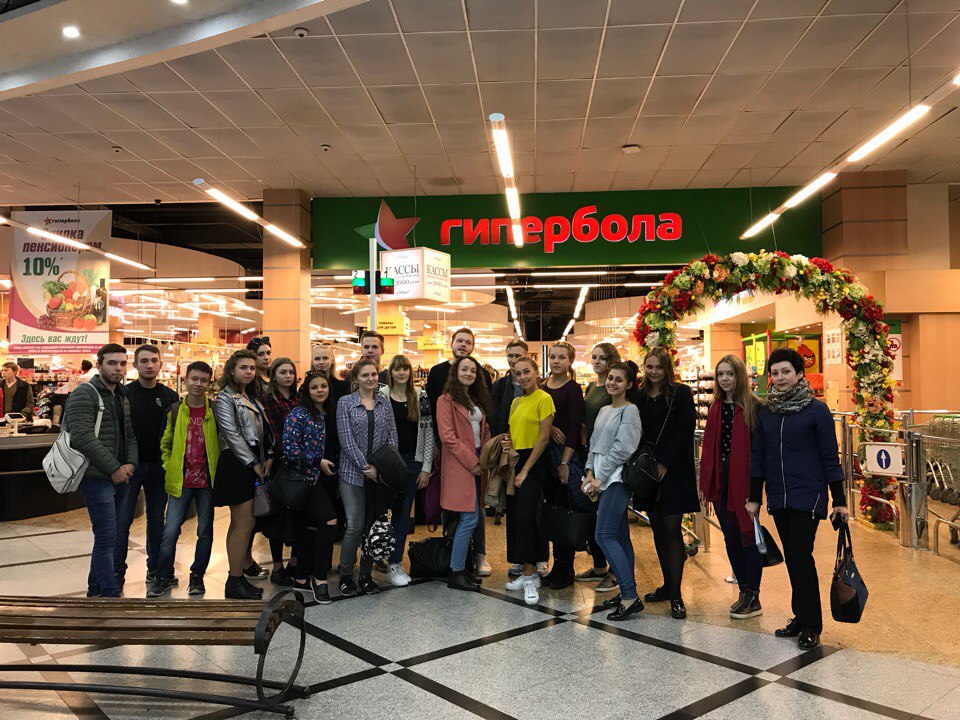Uchebnik Maksimenko Shishkova Ekonomika Predpriyatiya Torgovli

7/11/28(Wed) 04:07:42>cash advance online direct lenders>nskvahk@ocemh.com>lvxcdekzvpbuulimvdnc> 7 cash advance online direct lenders or individual.
23, 1863, in Moscow; died Jan. 23,1920, in Novorossiisk. Install squidguard on windows. Russian religious philosopher; friend and follower of V. Lawyer and public figure. Prince; brother of S.
This has since been disproved with the discovery of the final Romanov children's remains and extensive DNA testing, which connected those remains to the DNA of Nicholas II, his wife, and the other three children. A commission eventually chose St. [ ] After the bodies were exhumed in June 1991, they remained in laboratories until 1998, while there was a debate as to whether they should be reburied in Yekaterinburg or St. Drevo dinastiya romanovih ki. The remains were transferred with full military honor guard and accompanied by members of the Romanov family from Yekaterinburg to St.
Trubetskoi graduated from the faculty of law at Moscow University in 1885 and received the degree of doctor of philosophy in 1897. He was a professor in Kiev and, from 1906 to 1918, in Moscow. Trubetskoi founded the Put’ (Path) publishing house (1910–17) and was an adherent of the religious and philosophical current associated with Put’.
At first a supporter of the Constitutional Democrats (Cadets), he later advocated the political views of the Mirnoobnovlentsy (Party of Peaceful Renovation). During the Civil War he fought in the Volunteer Army against Soviet power. Trubetskoi’s main philosophical works were V. Solov’ev’s World View (vols.
1–2, 1913), Metaphysical Hypotheses of Cognition (1917), and The Meaning of Life (1918). In them, he critically reinterpreted Solov’ev’s philosophy, seeking to reconcile it with orthodox Christian doctrine. Trubetskoi eliminated the elements of pantheism, evolutionism, and theocratic social utopianism in Solov’ev’s doctrine of “positive total-unity” and interpreted absolute total-unity by means of a concept of absolute consciousness. The absolute is not the essence of everything in the world, as Solov’ev (in Trubetskoi’s view) believed. Rather, the absolute is an omniscient force comprehending the world and including both the real and the possible and both truth and error. According to Trubetskoi, divine wisdom (Sophia) is not identical with this totally unified knowledge but is an ideal concept of the world, a possibility that man is free to accept or reject.
Using an ontological approach to cognition, Trubetskoi made an attempt to critically revise Kantian epistemology. He attacked the mystical alogism of P. Florenskii, S. Bulgakov, and V.